What Every Owner Should Know
Larger breed dogs are beloved for their impressive stature and gentle personalities, but their size also brings unique health considerations that owners must be aware of. Whether you have a Great Dane, a Labrador Retriever, or a German Shepherd, understanding these potential health risks can help you provide the best care for your furry companion.
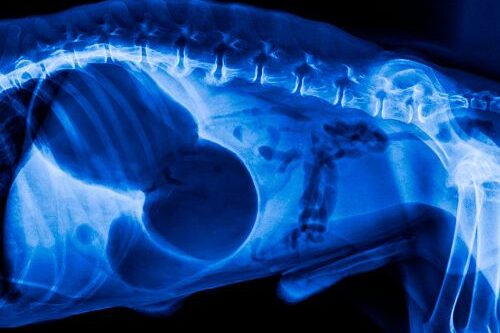
Bloat (Gastric Dilation-Volvulus)
This life-threatening condition involves the stomach twisting and filling with gas, which can cut off blood supply and lead to shock.
Hip/ Elbow Dysplasia
This is a genetic condition where the hip/ elbow joint doesn’t fit properly into the hip socket, leading to arthritis and pain.
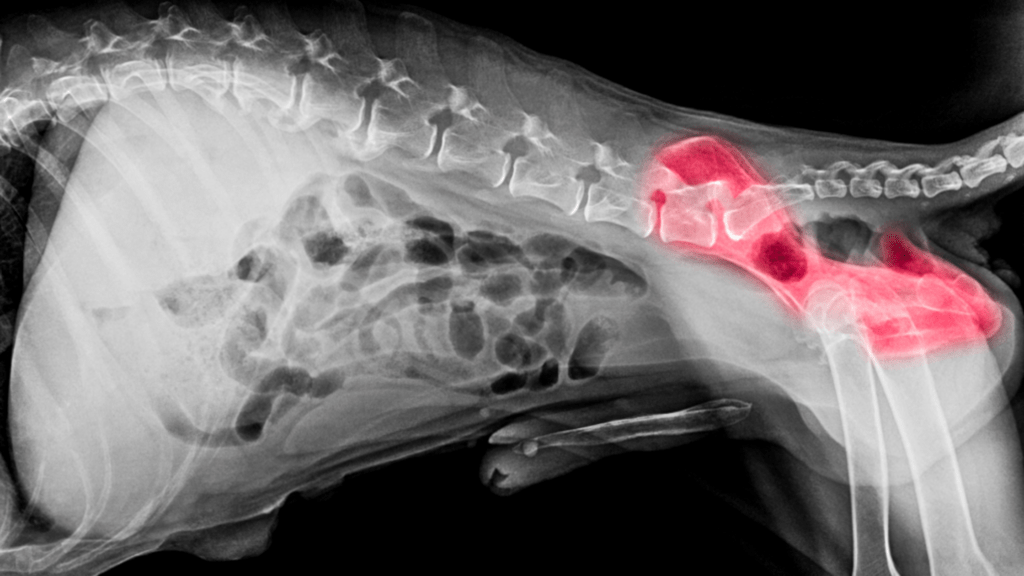
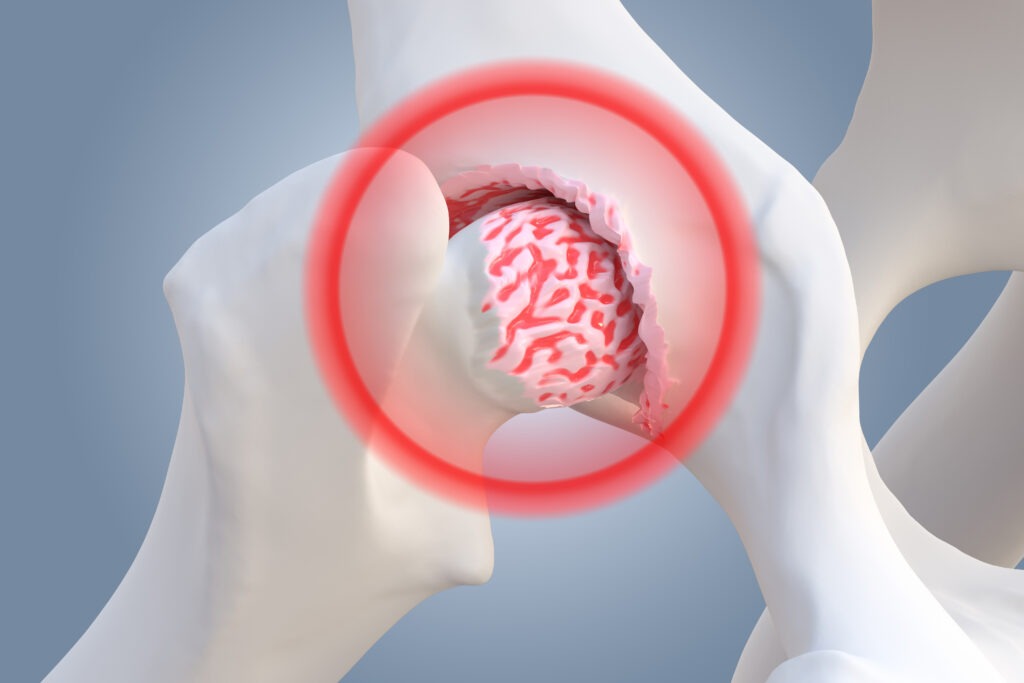
Osteoarthritis
Larger dogs are more susceptible to arthritis due to the stress their weight puts on their joints over time.
Heart Problems
Larger breeds are at a higher risk for heart issues such as dilated cardiomyopathy, where the heart becomes enlarged and weak.
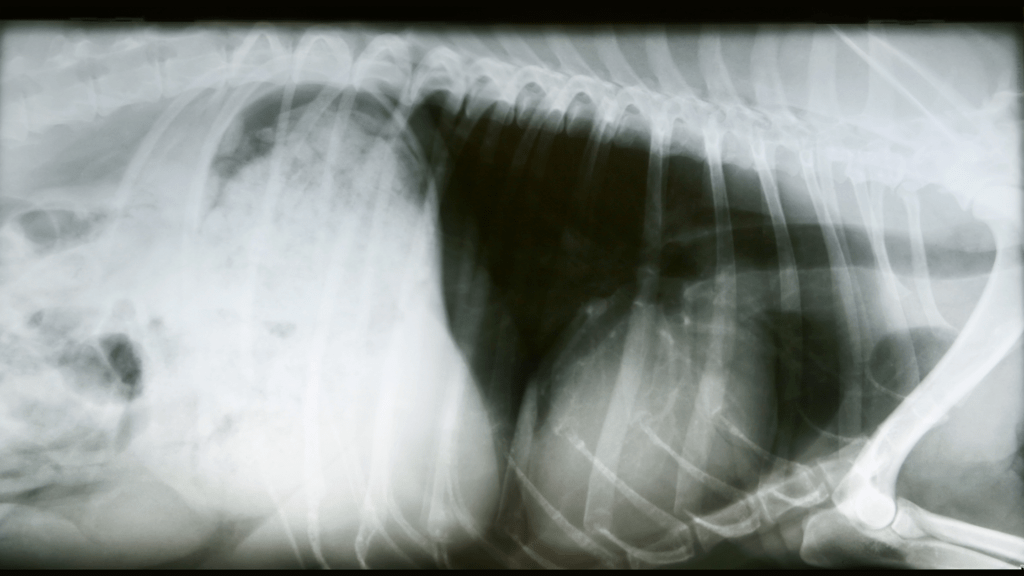

Cancers
Larger dogs tend to have higher rates of certain cancers, such as osteosarcoma (bone cancer) and lymphoma.
Hypothyroidism
This condition involves an underactive thyroid gland, leading to weight gain, lethargy, and skin issues.

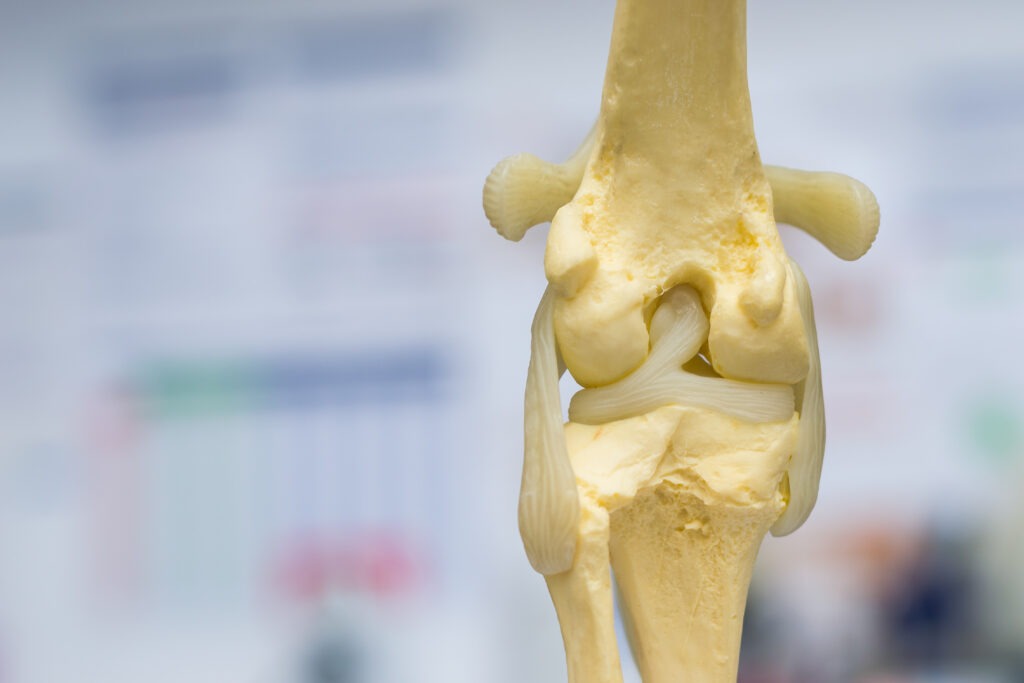
Orthopaedic Problems
Issues like cruciate ligament tears and intervertebral disc disease are more common due to the additional strain on their musculoskeletal system.
Wobbler Syndrome
This neurological condition affects the spine in the neck, leading to coordination problems and pain.
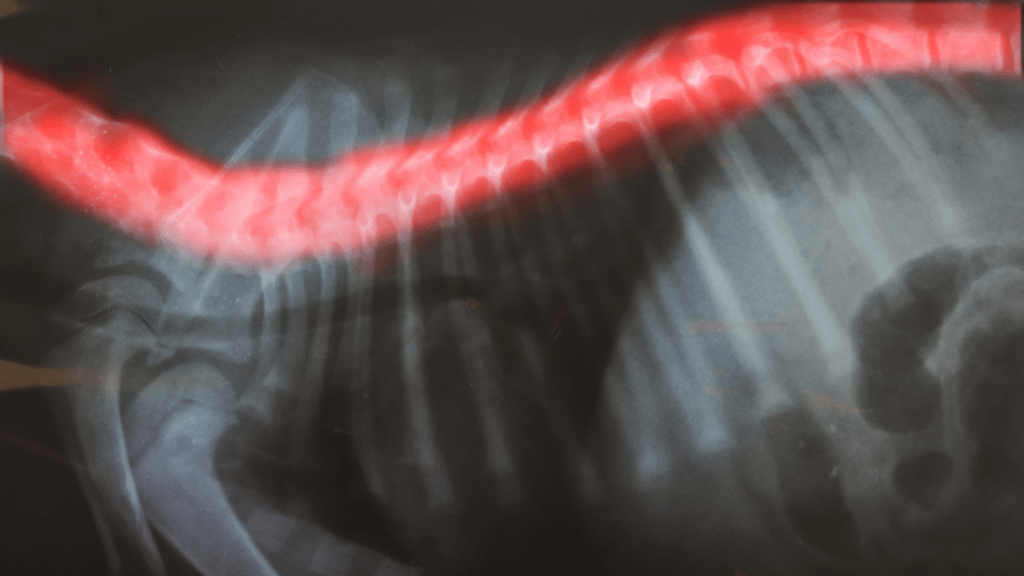

Skin Issues
Larger dogs with loose skin folds, like Mastiffs, can be prone to infections and irritations in those areas.
Ear Infections
Breeds with large, floppy ears are more susceptible to ear infections due to poor air circulation and trapped moisture.


Obesity
Larger dogs are prone to obesity, which can exacerbate other health issues like joint problems and heart disease.
Preventative Measures:
Joint and Bones Issues
Ensure your large breed puppy maintains a healthy weight and avoid excessive exercise that could strain developing joints. Regular veterinary check-ups can also help detect early signs of joint problems.
Bloat (Gastric Dilation-Volvulus)
Laparoscopic gastropexy is an effective preventive measure against GDV in large and giant breed dogs. Other preventative measures include feeding your large-breed dog multiple small meals throughout the day instead of one large meal. Avoid vigorous exercise right after meals, and consider a slow feeder bowl to reduce the likelihood of gulping air.
Heart Disease
Regular veterinary check-ups with auscultation (listening to the heart) can help detect early signs of heart disease. Maintaining a healthy diet and weight management are also crucial in reducing the risk.
Obesity
Monitor your dog’s calorie intake and adjust their diet as they age to prevent excessive weight gain. Regular exercise tailored to their needs can help them maintain a healthy weight and overall fitness.
Cancer
While genetic factors play a role, maintaining regular veterinary check-ups and being vigilant about any unusual lumps or bumps can aid in early diagnosis and treatment.
Owning a larger breed dog comes with joys and responsibilities, including understanding their specific health risks. By being proactive in preventive care, monitoring their diet, exercise, and regular veterinary visits, you can help ensure your large breed companion enjoys a long, healthy, and happy life.
We hope you enjoyed the read! Until Next Time…

